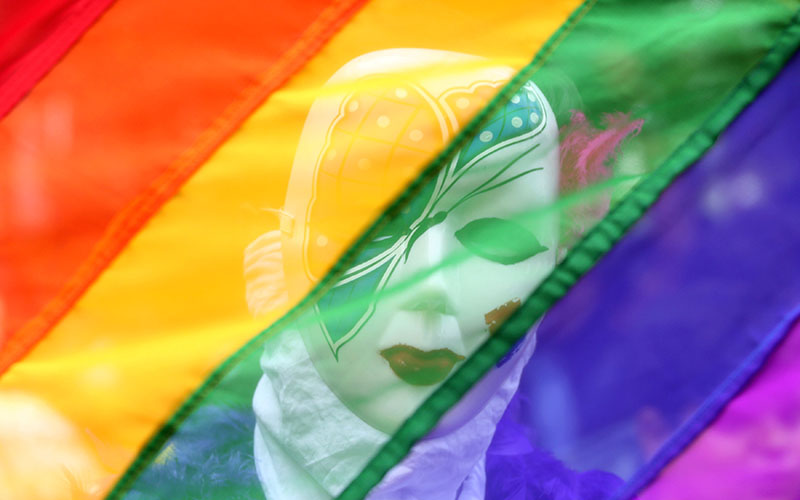India's transgender community says new bill violates their rights
NEW DELHI: India's transgender community said on Tuesday a proposed law aimed at protecting their rights could leave the marginalised population more vulnerable to abuse, and urged lawmakers to review the bill.
The Transgender Persons Bill was passed on Monday by India's lower house of parliament - where the ruling party holds a majority - and is expected to be tabled in the upper house before its winter session ends on Jan. 8.
Critics say the bill has many problems, including denying the right of people to self-identify their gender.
Instead it proposes that a "screening committee" of experts issue identity certificates to individuals, which activists say could leave transgender people vulnerable to abuse.
"(The bill)... reinforces and deepens the apartheid that exists in this country against trans persons," said Anindya Hajra, a transgender woman and activist at Pratyay Gender Trust.
"The bill is violative, it is not protection. We reject the bill in its present form," he said.
India has about 2 million transgender people, according to the 2011 census. And although the Supreme Court ruled in 2014 that transgender people have equal rights under the law, they are often shunned and many survive through begging or sex work.
Meera Sanghamitra, a transgender woman and activist, said the current bill would make life more difficult for the community, especially by refusing the right to self-determine one's own gender.
"What is between my two legs does not determine my gender. My gender is my experience, my gender is my identity, my gender is my decision and my exclusive decision - and this is not being recognised by this country's parliament," she said.
But that is not the only problem, activists say.
Under the new legislation, anyone who "compels or entices a transgender person" to beg could face jail time of up to two years - a clause that campaigners say could be misused to imprison transgender people.
A prison term of six months to two years would be handed down for sex crimes against transgender people - a much lighter punishment than those for similar offences against women, which can be up to life.
Shashi Tharoor, a lower house lawmaker from the main opposition Congress party who has raised several concerns over the bill, called it "regressive and fraught with flaws".
He said his proposed amendments were "shouted down" by members of Prime Minister Narendra Modi's party on Monday.
Activists and members of India's transgender community said they hoped the bill would be rejected in the upper house, where Modi's party lacks members.
They called on the upper house to review the bill to ensure it reflected the Supreme Court's ruling, which included self-identification and quotas in jobs and schools.






